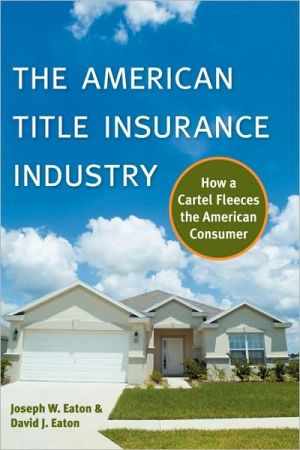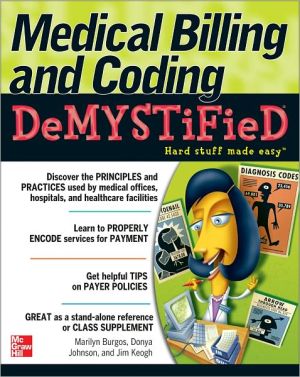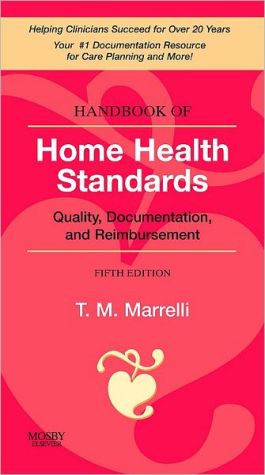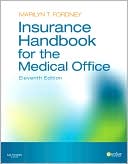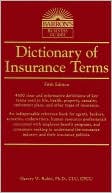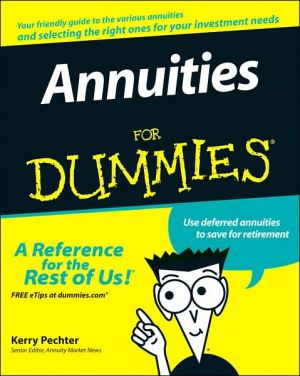The American Title Insurance Industry: How a Cartel Fleeces the American Consumer
After World War II, banks and other mortgage lenders began requiring insurance to protect them against flawed or defective real estate titles. Over the past sixty years, the title insurance industry has grown steadily in size, power, and secrecy: policies are available for both lenders and property owners and many title insurers offer an array of other real estate services, such as escrow and appraisal. Yet details about the industry's operational procedures remain closely guarded from public...
Search in google:
After World War II, banks and other mortgage lenders began requiring insurance to protect them against flawed or defective real estate titles. Over the past sixty years, the title insurance industry has grown steadily in size, power, and secrecy: policies are available for both lenders and property owners and many title insurers offer an array of other real estate services, such as escrow and appraisal. Yet details about the industry's operational procedures remain closely guarded from public exposure.In The American Title Insurance Industry, Joseph and David Eaton present evidence that improvements in recordkeeping over the last sixty years—particularly the advent of computers—have reduced the likelihood of a defective title going unnoticed in a property transaction. But the industry's flaws run deeper than mere obsolescence: in most states, title insurers are allowed to engage in anticompetitive business practices, including price-fixing. Among the findings in this meticulously researched study are instances of insurers charging premiums well above the amount necessary to compensate them for assuming the risk of defect and identical policies with identical risk that vary in price by hundreds of percentage points for different geographic locations.The authors also examine the widely ignored role that the federal and most state governments play in perpetuating the title insurance industry's unfair practices. Whereas most private industries prefer as little government intervention as possible, title insurers welcome it. Federal statue exempts title insurers from anti-trust liability, opening the door for price-fixing and destroying any semblanceof free-market competition or market power for consumers.A landmark study for elected officials, and all those involved in the insurance, real estate, and brokerage industries, The American Title Insurance Industry brings to light a long-neglected problem—and offers suggestions for how it might be remedied. Lucy Heckman - Library Journal Joseph Eaton (emeritus, economic & social development studies, Univ. of Pittsburgh; The Privacy Card: A Low-Cost Strategy To Combat Terrorism) and son David J. Eaton (natural resources policy studies, Univ. of Texas, Austin; The State of the Rio Grande) have coauthored a work that provides newly detailed history and analysis of title insurance, a little-studied industry. During the post-World War II era, banks and mortgage lenders started to require insurance to protect themselves against flawed real estate titles. The drawbacks of title insurance are critically analyzed here by the authors. These insurers, for instance, overcharge for premiums and are involved in fraud and anticompetitive pricing. Although most of the work covers the era since World War II, the Eatons do briefly place title insurance in its historical context, going back to clay tablets and parchment. They provide over two dozen tables and figures with statistical data, including, e.g., the title insurance loss ratio in selected states and title insurance premium changes. There is an extensive bibliography and a foreword by Tom Miller, attorney general of Iowa. Recommended for libraries supporting business and economics collections, especially those supporting an extensive curriculum in risk management.
\ From the Publisher“[A] work that provides newly detailed history and analysis of title insurance, a little-studied industry.”\ -Library Journal\ ,\ “In this important and fascinating book, the authors expose a scam that has fleeced Americans of billions of their hard-earned dollars since World War II. The title insurance industry, they show, has captured its regulators, and imposed exceedingly high costs on American homebuyers by means of a cartel-like arrangement. If that arrangement can be broken, price gouging would end and all American homeowners would enjoy what Canadians and Iowans do—reasonably priced peace of mind.”\ -Robert E. Wright,Stern School of Business, New York University\ \ \ \ \ \ Library JournalJoseph Eaton (emeritus, economic & social development studies, Univ. of Pittsburgh; The Privacy Card: A Low-Cost Strategy To Combat Terrorism) and son David J. Eaton (natural resources policy studies, Univ. of Texas, Austin; The State of the Rio Grande) have coauthored a work that provides newly detailed history and analysis of title insurance, a little-studied industry. During the post-World War II era, banks and mortgage lenders started to require insurance to protect themselves against flawed real estate titles. The drawbacks of title insurance are critically analyzed here by the authors. These insurers, for instance, overcharge for premiums and are involved in fraud and anticompetitive pricing. Although most of the work covers the era since World War II, the Eatons do briefly place title insurance in its historical context, going back to clay tablets and parchment. They provide over two dozen tables and figures with statistical data, including, e.g., the title insurance loss ratio in selected states and title insurance premium changes. There is an extensive bibliography and a foreword by Tom Miller, attorney general of Iowa. Recommended for libraries supporting business and economics collections, especially those supporting an extensive curriculum in risk management.\ —Lucy Heckman\ \ \
